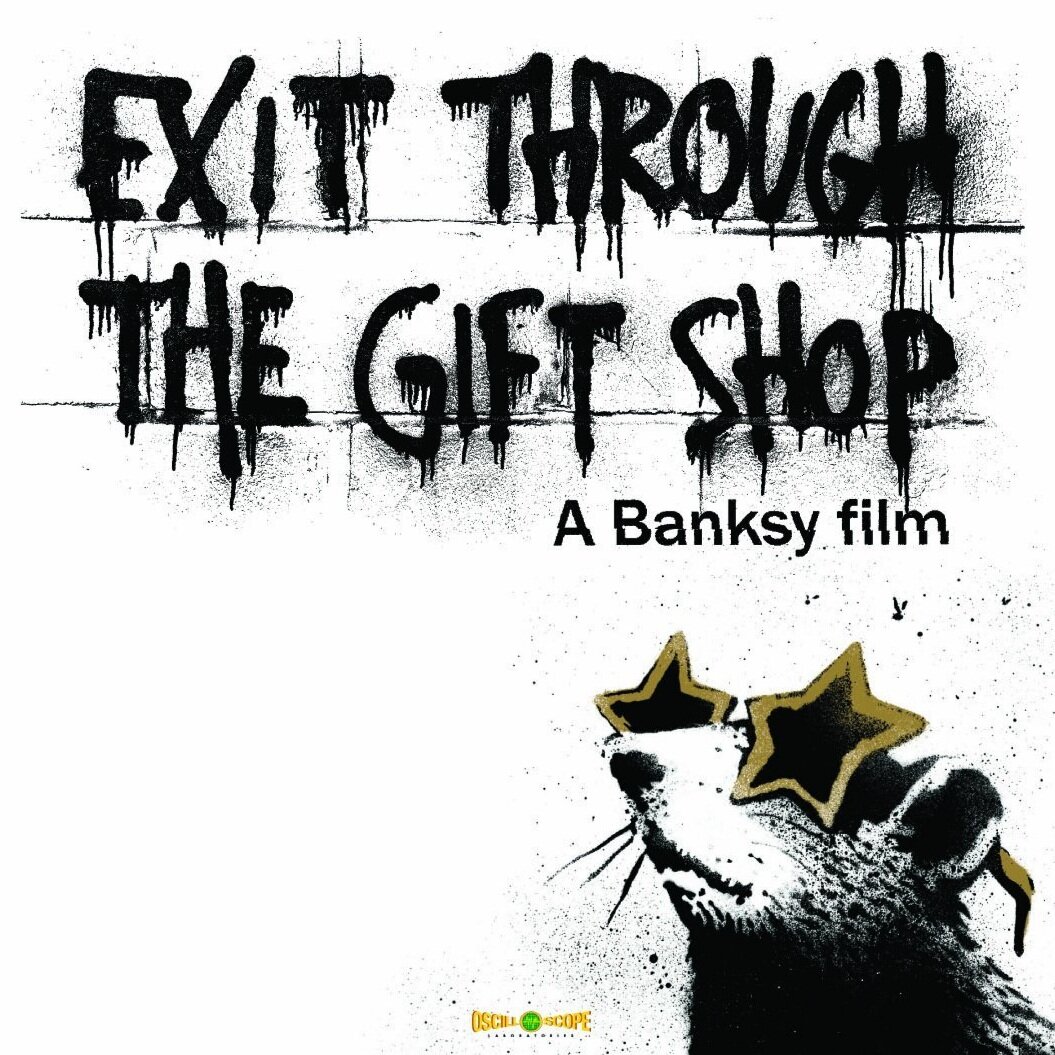
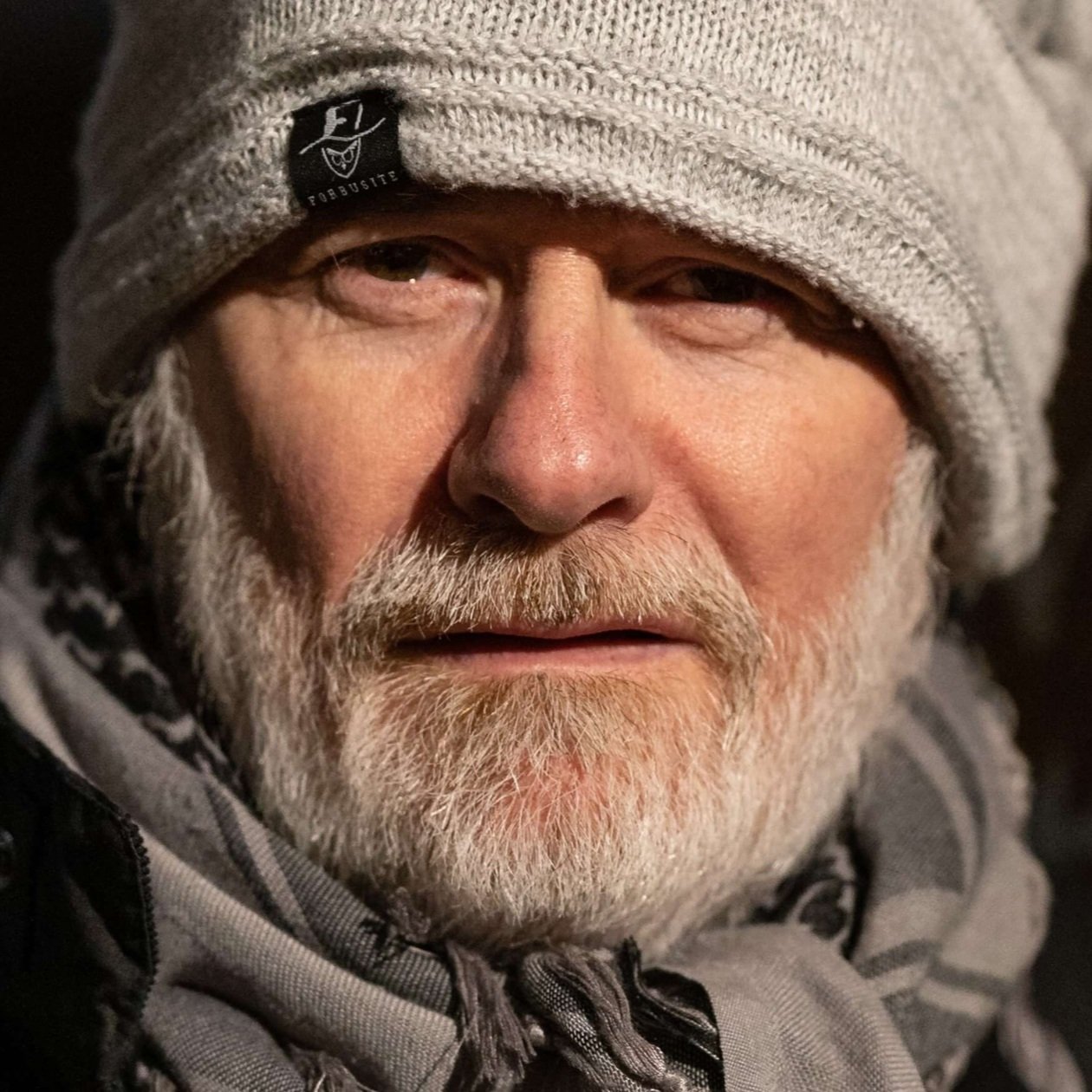
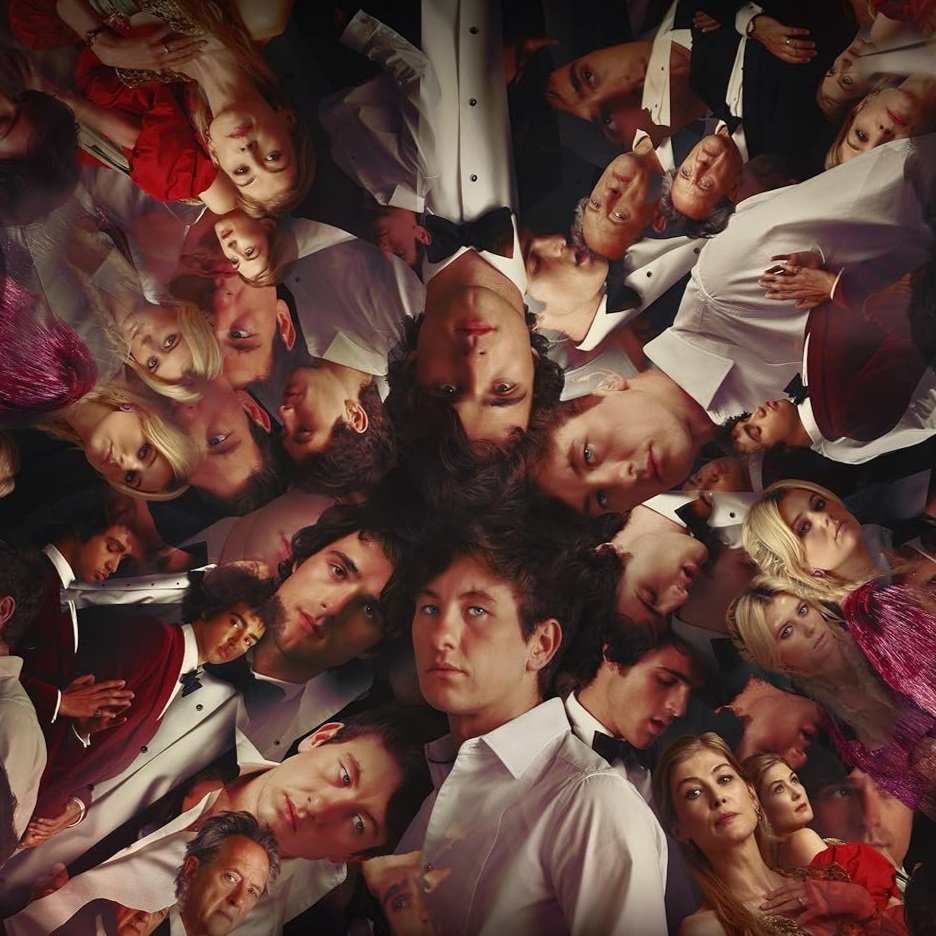



My Heart’s Memory Turns To You: Derek Jarman’s Blue
More last testament than love letter, Derek Jarman’s 1993 experimental film Blue was as unique and challenging then as it continues to be today. More radio play than movie, it’s 79 minutes of an entirely blue saturated screen, over which two interwoven stories braid together to weave a story of Jarman’s recollected, daydreamed, restless experiences of living with AIDS in 1990s London, and the adventures of blue itself as a color and a character. Punctuated throughout are the ghostly names of Jarman’s former friends and lovers already lost to the disease.

A Magical Love in the Air: Harry Potter Returns to Hogwarts
I like to think I have a special connection with Harry Potter movies: I watched them aged 9 before reading the books, and still have vivid memories of attending the first-day shows of Harry Potter and the Deathly Hallows Part 1 and Part 2. Watching the reunion not only made me more aware of that connection but also how so many others share that same bond. In many ways, Harry Potter has a unique fandom, born out of a pure childlike love for the wonders of magic and the simple yet powerful premise.

Nobody Has A Future: Mike Leigh’s Naked
Bleak. Desperate. Violent. Acerbic. Mike Leigh’s Naked is as relevant in Post-Brexit Britain as it was almost thirty years ago upon release. It explores themes of misogyny, class, conspiracy and religion, and like most of Leigh’s films, refuses to resolve anything, leaving us to think about which side of history we want to be on. Filmed at the height of post-Thatcherite Conservatism, and in a particularly grim time for the country economically, culturally and with waning influence in the world, Naked could just as easily have been released this year to the same effect.

For God’s Sake Come Back: The Legacy of Zulu Dawn
Even in an era of reparation, celebrations of Empire are still remarkably commonplace for the English, and there’s a wealth of movies which still regularly air on British television that glorify its unsettling colonial past. The most common of these is Zulu (1964), which introduced Michael Caine to the world and depicts the bravery of around a hundred British soldiers in the overwhelming face of three thousand eponymous Zulu warriors. Quotes from the film have passed into common language, and even today it’s routinely held up as a model of Victorian colonial heroism and conquering of native resistance.

Last Night in Soho: A Film That Lives in the Grey Area
Last Night in Soho, a film directed by British filmmaker Edgar Wright, lives in between the 1960s and modern times in London, England. Starring staples of British stardom Anya-Taylor Joy (Sandie), Matt Smith (Jack), briefly Sam Claflin (Lindsey), and Thomasin McKenzie (Eloise/Ellie), this film follows the life of Eloise Turner, a young aspiring fashion designer with an infatuation with the swinging sixties of London as she navigates her extraordinary ability to body-jump into another young woman in her dreams.
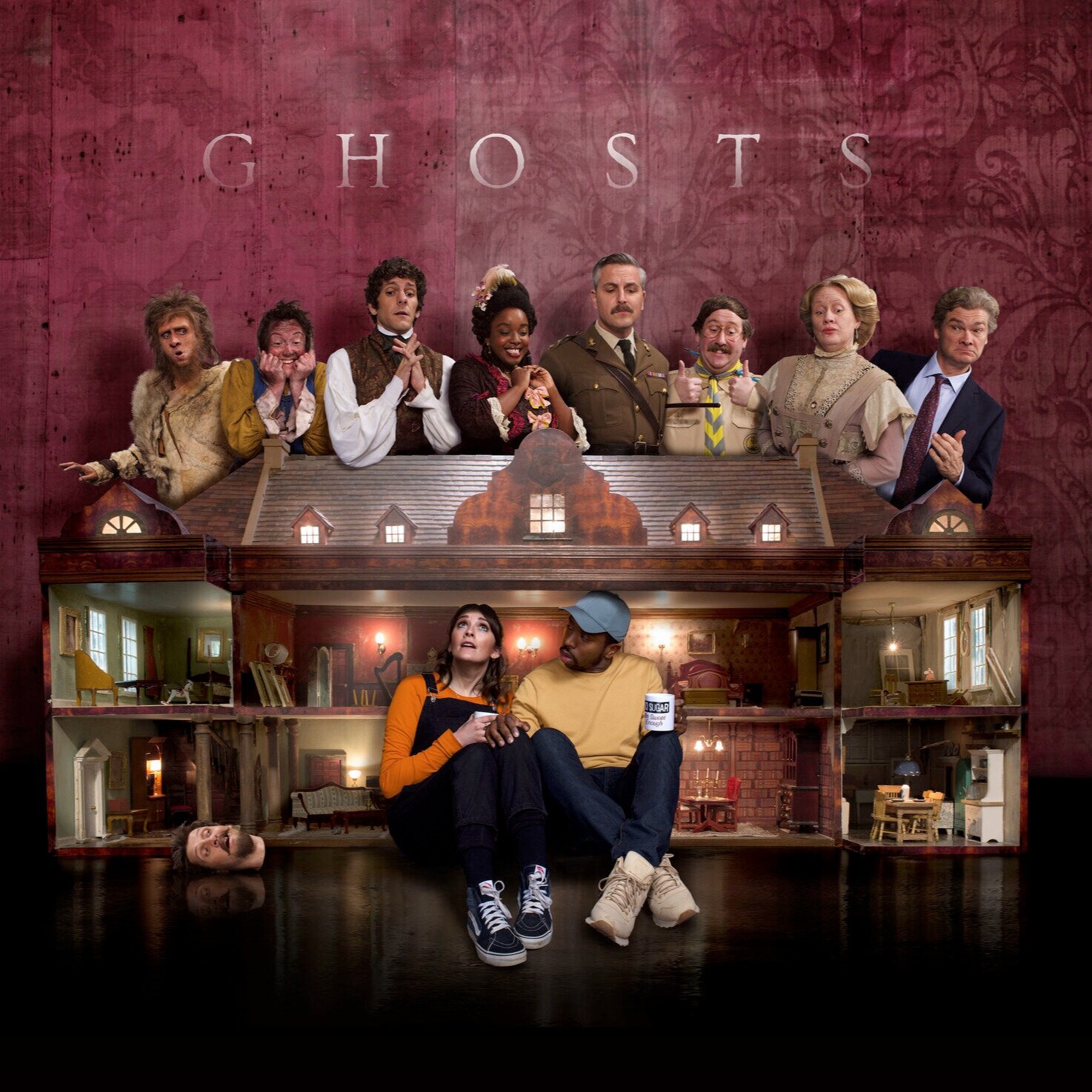
Ghosts: A Heart-Warming Comedy That’s Bound to Raise Your Spirits!
Not a fan of horror? Well, this is the perfect ghost-themed show for you. Full disclosure: I hate horror movies. Whether it’s because of the jump-scares, eerie music or avoidable bad choices made by the protagonist, horror movies have never been my style. I have, however, always been fascinated by the idea of spirits and ghosts and can’t help but ask the same question whenever I watch a horror movie: what happens to all the normal people who die? Are all ghosts really vengeful spirits or creepy kids?
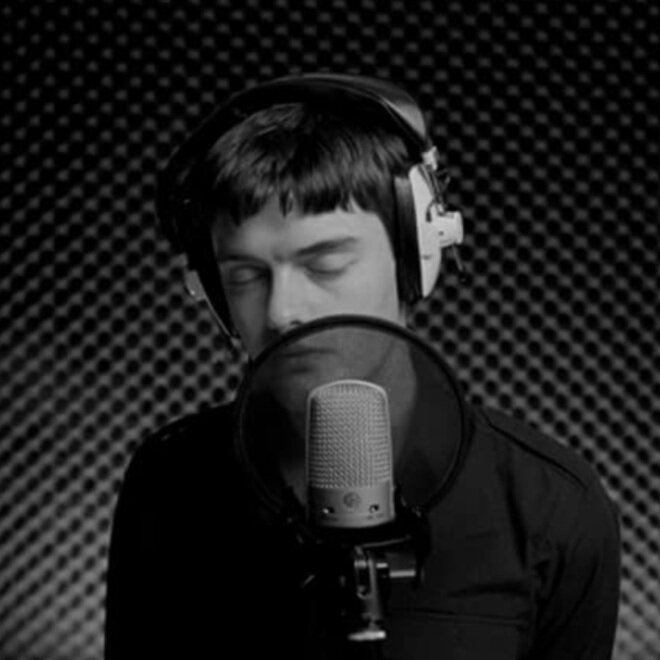
Day In, Day Out: Anton Corbijn's Control
As the Factory Records legacy ossifies over time, its main protagonists have begun to pass. The stories themselves are also passing into recorded memory. The telling, and retelling of the all-too-brief four years that Joy Division existed, ending with the suicide of their lead singer Ian Curtis, has been visualized in two fascinatingly different, wonderful films.
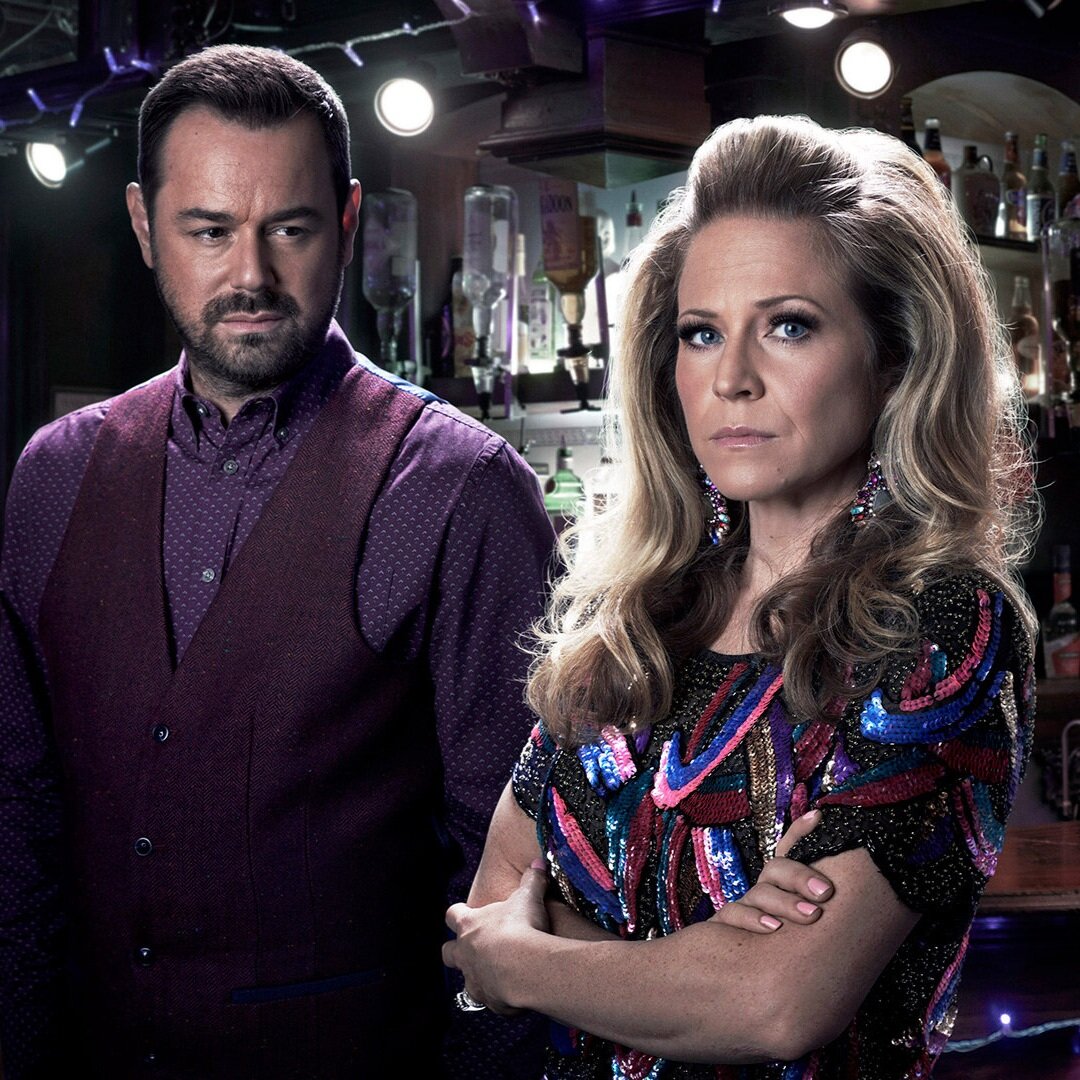
In Praise of EastEnders
Weighing in at over 6,000 episodes so far, the BBC soap opera set in Albert Square, Walford, a fictional neighborhood in East London, is one of the longest-running dramas on British television, with a massive, devoted fan base. I’m proud to count myself as one of the Walford faithful.

“On a clear day you can see the class struggle from here”: Mike Leigh’s Career Girls
Following the success of the apocalyptic Naked (1993) and the harrowing Secrets & Lies (1996), at the end of the nineties Mike Leigh turned to a smaller, more intimate subject, the nostalgia for youth. Leigh’s been vocal about his motivation for Career Girls, explaining that he was interested in the large life differences in what happens to us between ages 20-30.
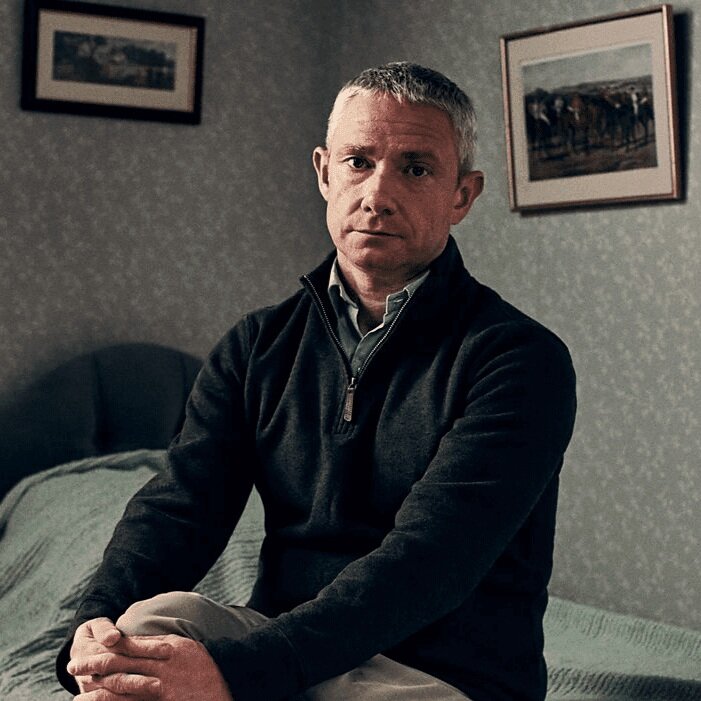
Alan Bennett's Talking Heads
In Pink Floyd’s Time, we learn that ‘hanging on in quiet desperation is the English way’, and this is certainly motivation for much of Alan Bennett’s wonderful Talking Heads series. Originally a collection of twelve fictional thirty-minute monologues first broadcast in 1988, they have recently been remade with contemporary actors, and specifically produced by the BBC under lockdown conditions.
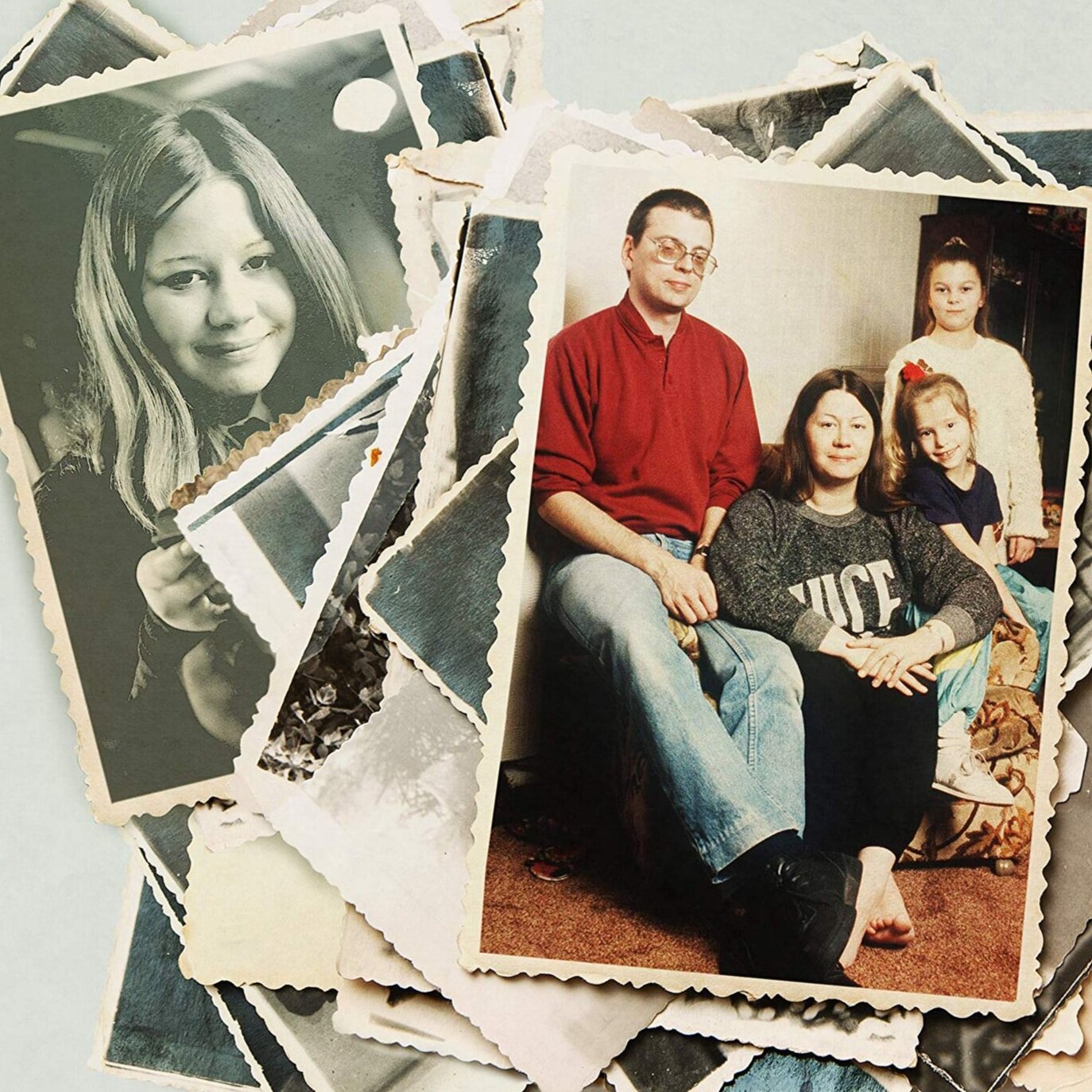
"Give Me A Child Until He Is 7" (The Up Series)
The Greek philosopher Aristotle once said, “Give me a child until he is 7 and I will show you the man.” This serves as the central premise of Michael Apted’s groundbreaking independent documentary series, Up.
Running in the UK since 1964, it has followed the lives of a diverse group of English seven-year-olds, with the loose goal of looking into the development of the country’s leaders in the year 2000. In 1971, we checked in with them at 14 Up, and every seven years since, all the way through to the most recent installment, 63 Up, with many of the original participants now retired, no longer with us, all contemplating the lives they’ve led.
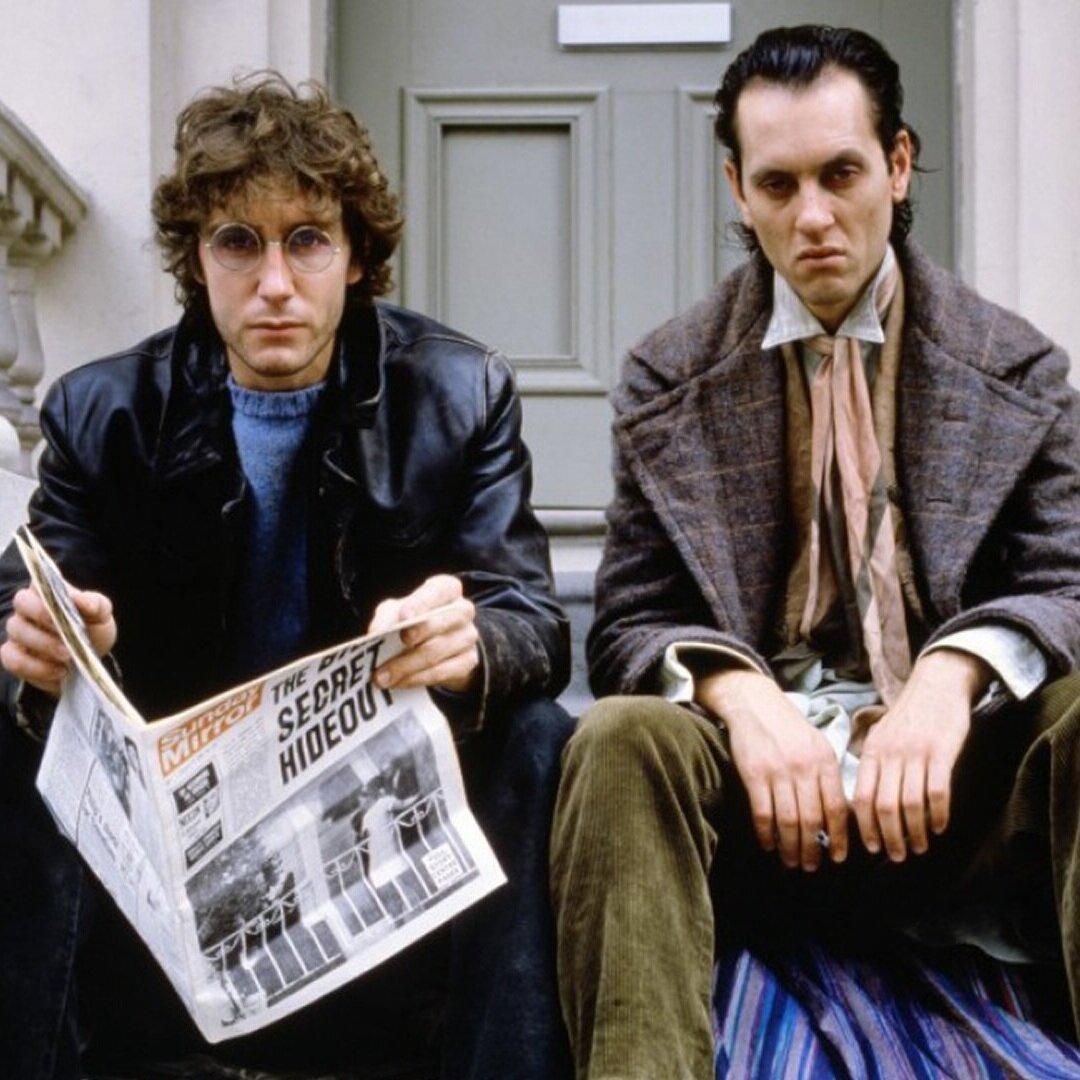
"Even a stopped clock tells the right time, twice a day" (Withnail & I)
Easily one of the most tender yet acerbic, loving yet sarcastic, and hysterical yet desperate stories you’ll ever watch, Bruce Robinson’s 1987 autobiographical Withnail and I has always been one of my top five all-time movies. The story of two out-of-work and down-on-their-luck actors in London’s Camden Town at the tail end of the sixties features some of the best (and most quotable) dialogue ever to be put on screen, as well as outstanding performances from the two main protagonists: Richard E. Grant (The Player, Gosford Park, The Rise of Skywalker) as the entitled, dramatic Withnail, and Paul McGann (Doctor Who, Alien 3, Holby City) as ‘I’, who is never referred to by name in the movie, but who we know from Robinson’s screenplay is called Marwood.

![Three Essential Black Mirror Episodes for New Viewers [SPOILERS]](https://images.squarespace-cdn.com/content/v1/608d9ef497633c6b6eb71caf/1620754679358-1W0DAR492IZLWOAV28J9/a27d24_dbbb6890773a4d818a88751169d459e6_mv2.jpg)
